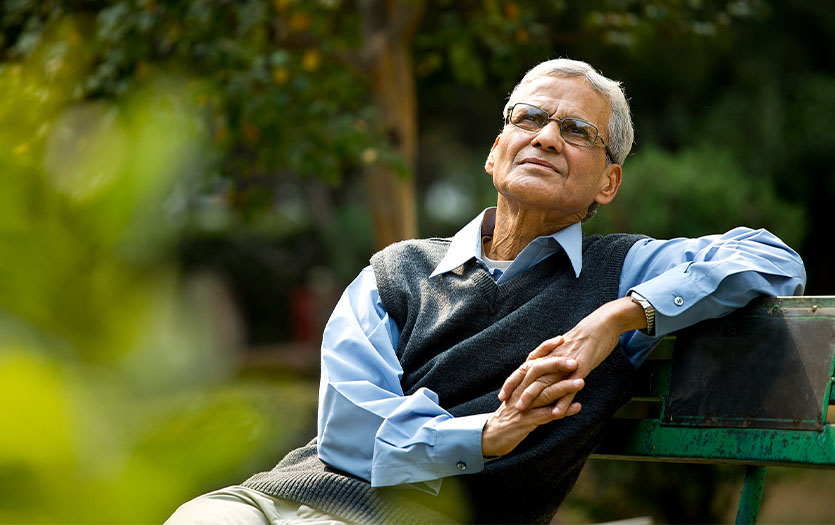
This post was written by Jon Swanson, PhD, staff chaplain, Parkview Regional Medical Center.
Triggers are things that take you to feeling like you are in a story you may not want to remember. We hear regularly about trigger warnings before watching some news stories. And sometimes, some of us push back at that.
But we also know what happens to us when we look at Facebook and a friend shares a story and we think, “What is wrong with you?”
Right?
Or we go to the dinner, and we hear the question, and we get sadder and sadder.
Or we go to church, and we hear that song, and we start to cry.
The things we know
We know about triggers because we live with triggers.
A way to think about them is in the context of habits. But we don’t need a lecture on how habits work right now. Maybe later.
Right now, we’re thinking about how to survive the holidays following a loss. And we know that this is hard. And we know that we can adjust our expectations. And we know that we can alert our allies. But what about what’s going to happen over the next few weeks? What about those events or expectations or situations that we know will shake us up?
Permission granted
What I’d like to do is identify things that often come up (triggers) around the holidays, and some healthy alternatives. Consider this me granting you permission, officially, to do what you need to do in order to get through the season.
“I get exhausted from being with people and it makes me cranky.”
I give you permission to put the following on your project list:
- take a nap
- do nothing
- leave the party early
“Shopping for presents makes me stressed.”
I give you permission to use gift cards or send notes.
“Giving gift cards feels like a failure.”
I give you permission to use gift cards.
“Kids going to their in-laws on the day feels like abandonment.”
I give you permission to think of holidays as “suppers together, whenever” rather than “on the day.”
“Days getting shorter makes me sad.”
I give you permission to be sad. Because it’s partially the daylight and a lot the grief.
“Hearing ‘All I want for Christmas is you’ makes me angry about commercialization.”
I agree. But you don’t have to be angry about everything wrong in the whole world.
“Having to say what I’m thankful for at the Thanksgiving table or at other gatherings makes me worried about picking the wrong things.”
I give you permission to send the host of the gathering an email before the gathering asking, “Could we not do that this year? Could you just look at all of us gathered and say, ‘This has been a tough year. God, help us. Amen.’”
“Being together with people who are mean to me on Facebook is hard.”
I’ve got nothing for that one. I understand. It is hard.
“Being the one who will have to cook is scary.”
I give you permission to not cook. To have potluck. To put cranberries on a frozen pizza.
“We don’t have enough space for a big tree and a big tree is how my family shows love.”
I give you permission to redefine love away from big trees.
Here’s the truth: You don’t have to go to every event if you know you will feel overwhelmed and angry and lost. You can name the things you are worried will happen and you can plan a response ahead of time.
Really.
As a chaplain, I give you permission for this particular season of so many holidays to stay home, to make changes, to adjust expectations, to seek peace and pursue it.
Though you don’t need my permission to care for yourself.
Peace.



